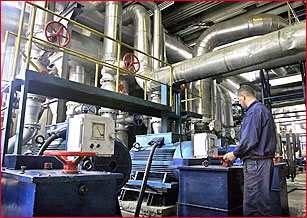
Labor laws have one specific goal—to protect employees from unfair labor practices.
The National Labor Relations Act (NLRA) is designed to provide protection for specific rights as they relate to labor disputes and labor relations.
Although the NLRA, which is administered by the National Labor Relations Board (NLRB), prohibits union employees from any activity that impedes the individual rights of other employees or employers; labor disputes still arise. As such, a course of action developed for labor relations purposes is critical to an organization.
Some reasons why complaints are brought to the labor relations board:
|
|
When labor laws are violated, it becomes a sensitive and critical issue to both parties involved, but as long as employees believe they have a voice with the labor relations board—and an organization is willing to listen—then it is very likely that they will reach an equitable resolution.

To avoid the threat of a labor dispute that may require intercession by the National Labor Relations Board, an organization can follow several proven techniques to facilitate better labor management relations: Take a Proactive Approach
Develop fair and equitable responses to labor dispute demands that satisfy both parties without minimizing the organization′s power Maintaining effective labor relations is a proactive and positive approach to mitigating any labor dispute.
©2017 MADICORP™. Privacy Policy Terms of Use Sitemap
Featured logos are trademarks of their respective owners.
Third party trademarks,